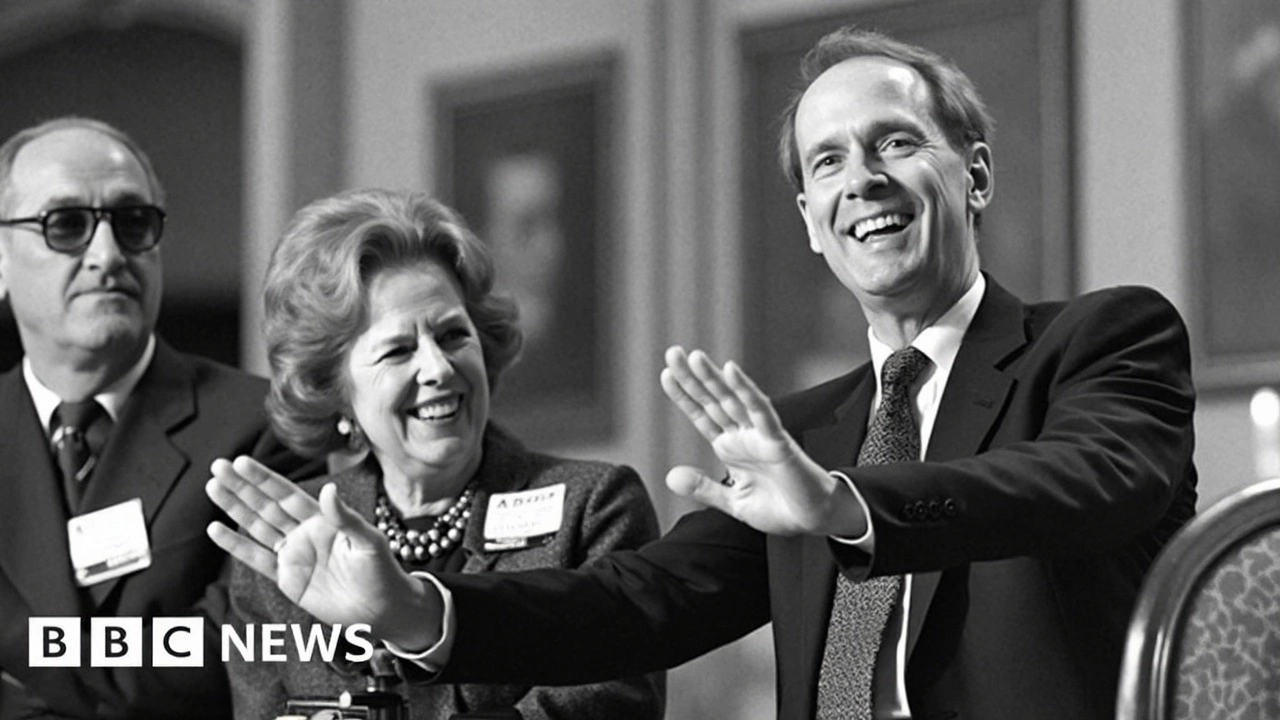What the Thatcher Government Really Did for Britain
If you hear the name "Thatcher" you probably think of bold speeches, a distinctive hairdo, and the phrase "There is no such thing as society." But beyond the headlines, the Thatcher government (1979‑1990) pushed a set of ideas that still shape UK politics today. Let’s break down the big moves, the reactions at the time, and why they still matter.
Key Policies That Defined the Era
First up, privatisation. Thatcher believed the state should own as little as possible, so she sold off utilities like British Telecom, British Gas, and the water companies. The idea was simple: private owners would run things more efficiently and competition would bring lower prices. In practice, some services improved while others saw price hikes, sparking debate that continues.
Next, tax cuts and monetarism. She slashed the top rate of income tax from 83% to 40% and focused on controlling the money supply to fight inflation. The policy helped bring down double‑digit inflation, but it also caused a deep recession in the early 80s, with unemployment soaring above 3 million. Many families felt the pain, while others praised the return of a stable currency.
Another hallmark was the trade union reforms. The 1984‑85 miners’ strike showed how far the government was willing to go to curb union power. New laws required secret ballots before strikes and limited picketing. Supporters say it stopped the country from being held hostage by strikes; critics argue it weakened workers’ rights.
Why the Thatcher Era Still Echoes Today
Fast‑forward to the present, and you’ll see Thatcher’s fingerprints everywhere. The private‑sector model she championed set the stage for the modern service‑driven economy. Current debates over NHS funding, rail privatisation, and student loans all trace back to the logic she introduced.
Politically, the Conservative Party still leans on her brand of fiscal discipline and strong‑hand leadership. Even Labour’s "New Labour" under Tony Blair borrowed Thatcher’s market‑friendly ideas to modernise the party.
Socially, the era sparked a cultural shift. The belief that individuals could succeed through hard work, called "Thatcherism," became a core narrative in British self‑identity. At the same time, the growing gap between rich and poor, and the lingering resentment in former mining towns, are still visible in voting patterns and public discourse.
In short, the Thatcher government was a mix of bold reforms, harsh economic pain, and lasting change. Whether you view her as a visionary or a polarising figure, the policies she put in place continue to shape how Britain works, votes, and talks about itself. Knowing the basics helps you understand the headlines you see about tax cuts, privatisation, or union rights today – they’re all part of the same story that started over three decades ago.
Got more questions about a specific law or the impact on a particular community? Dive into the articles below – they break down each piece of the puzzle in detail and show how the Thatcher legacy lives on in everyday life.

Norman Tebbit: The Decisive Thatcher Ally Who Shaped Britain’s Political Landscape
Norman Tebbit, a key figure in Margaret Thatcher's government, played a central role in reshaping Britain’s economy and political scene. Known for his effectiveness and fierce loyalty, Tebbit influenced major Conservative strategies and policies, confronting union power and internal party divisions. His legacy continues to spark debate after his passing at age 94.
View more